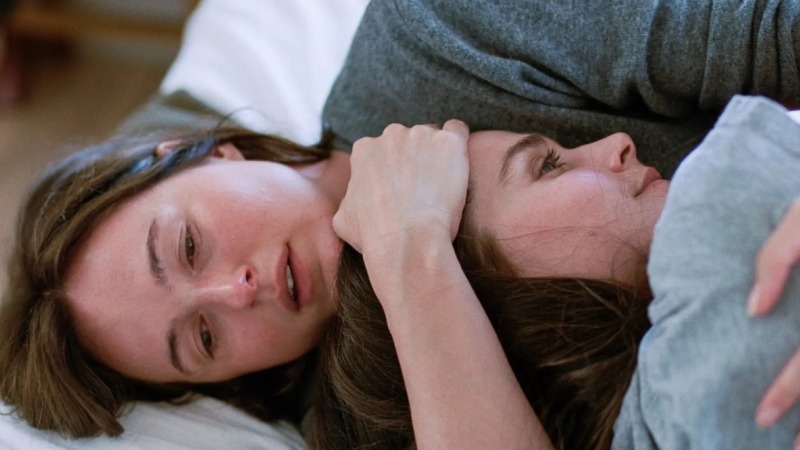Joachim Trier’s Latest Is Proudly Emotional and Full of Sentimental Value

Joachim Trier’s latest film Sentimental Value is about how the empty shell of a house becomes a home, how a family split apart can find ways of coming together, and how the reshaping of narratives can help heal emotional trauma. After a string of films that increasingly gained attention on the festival circuit, with his previous film garnering an Oscar nomination for Best International Film, his latest checks off so many boxes for lovers of this quiet form of auteur cinema that it’s likely to be a smash hit.
Sentimental Value (or Affeksjonsverdi in its original Norwegian, the compound words literally translate to “the value of affection,” though “sverd,” the word for “sword,” is buried in there as well) is the story of two sisters, anchored by an emotionally wrought yet effective turn by Renate Reinsve. Mining similar modes of melancholia she expressed in her breakout film, 2021’s The Worst Person In the World, she once again firmly establishes herself as one of the great actors of her generation, and one of Trier’s great discoveries. There’s a fine line in playing such a broken character, ensuring that the manic swings feel real, the anxiety palpable, but not so over-the-top that it becomes unbearable.
Reinsve plays Nora, and we meet her backstage wrapped in a flowing black dress, the corset heaving her chest and her anxiety preventing her from breathing. Literally ripping at the confines of her clothing, she delays the start of the show in order to take a breath, grab a kiss, and try to convince her married lover/fellow cast member for a quick shag before going out in front of an audience. Black duct tape is used to quickly mend the broken seams, the ersatz repair indicative of how precariously both the costume and the character are holding themselves together.
The scene is a mix of electric excitement, emotional rawness, and dark comedy, and it’s the deft mix of all these elements that makes Trier’s film sing. Voiceover narration details the house where Nora and her sister Agnes (Inga Ibsdotter Lilleaas) grew up. The anthropomorphized descriptions of the edifice seeking the comfort of company, of mourning the silences as voices come and go as it forlornly looks to an outside world it can only observe, would in other contexts be heavy handed. Yet thanks to Trier’s visual flourishes, and the carefully constructed script co-written with frequent collaborator Eskil Vogt, the many metaphors of the handsome edifice connect brilliantly to the emotional turmoil of its occasional inhabitants.
One of those who helped make the house both more aggressively loud and then silent with his absence is their father Gustav (Stellan Skarsgård), an internationally celebrated Nordic filmmaker who is feted on the festival circuit, but who hasn’t been able to make a movie for a decade and a half. He’s crafted a script that he tells his oldest daughter was written for her, and despite his pleas she refuses to even read the part.
After a chance encounter on the beaches of Deuville he meets American startlet Rachel Kemp (Elle Fanning), whose energy and vitality immediately excites. Deciding to cast her in his production in lieu of Nora, he soon tries to assemble some of his former collaborators, only to find that time has indeed moved on for many of them.
-

-

-

-

-

-

-

-

-

-

-

-

-

-

-

-

-

-

-

-

-

-

-

-

-

-

-

-

-

-

-

-

-

-

-

-

-

-

-

-








































